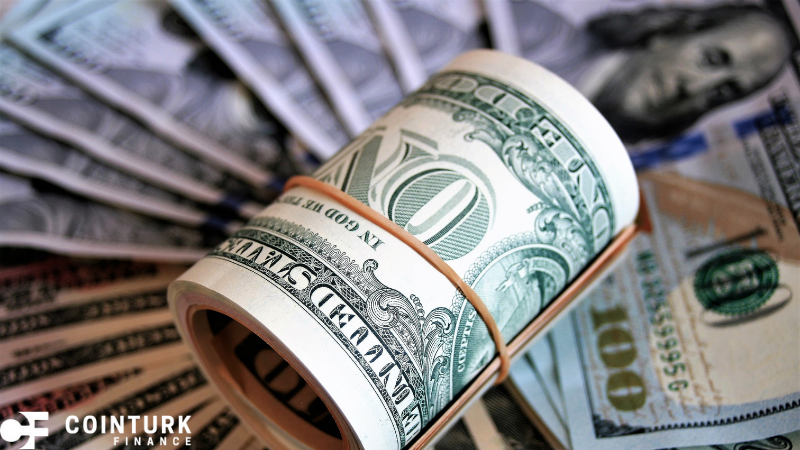The discussion surrounding the ownership of TikTok has taken center stage in U.S.-China relations, with President Trump emphasizing the need for an American entity to acquire the platform. ByteDance, the Chinese owner, is under scrutiny from the U.S. government over security concerns related to data collection practices. The potential rise of American ownership aims to alleviate these fears by safeguarding personal information. This focus on data security reflects broader geopolitical tensions and the increasing importance of digital sovereignty.
How Does Oracle Fit into TikTok’s Acquisition?
Oracle Corp., a major enterprise software provider, is reportedly among the front-runners in the bid to purchase TikTok. Historically, Oracle’s business model has centered around enterprise solutions, making a social media platform like TikTok seem like an unusual acquisition. This discrepancy raises questions about Oracle’s intentions and long-term strategy in the consumer technology sector. Oracle’s recent statements highlight a growing interest in expanding its technology portfolio, but the integration of social media into its core business remains uncertain.
What Does This Decision Mean for Data Security?
A core concern driving this potential acquisition is data security. U.S. governmental and congressional pressures center on national security implications if China’s ByteDance continues to own TikTok. An acquisition by U.S. companies, such as Oracle, is seen as a safeguard. However, such a transition raises questions on operational management and data privacy implications.
“We are committed to ensuring that user data is handled with the utmost security and integrity,” a spokesperson from Oracle remarked.
Current negotiations indicate that U.S. entities would have greater control over data collected from American users.
Previously, proposals for TikTok’s ownership circulated, mentioning other tech giants like Microsoft (NASDAQ:MSFT) and Google (NASDAQ:GOOGL). Their involvement indicated a strategic interest in TikTok’s expansive user base, making it a valuable platform for various business integrations, including Microsoft’s CoPilot software and Google’s Gemini product development. The landscape of this acquisition is dynamic, evolving with the companies’ strategic business visions and technological expertise.
Oracle’s notable market value rise has coincided with recent advancements in AI technologies, reflecting a diversification strategy within the company. The CEO, Larry Ellison, holds significant influence due to his substantial ownership stake, which may direct corporate decisions outside traditional business lines.
The acquisition of TikTok, if realized, signifies a shift in global tech dynamics, with implications for both corporate strategy and political diplomacy. As tech companies vie for control over TikTok, this battle highlights the platform’s importance in the social, political, and economic arenas.
“Establishing an American control over TikTok aligns with our goals for digital innovation,” elaborated a government insider familiar with the negotiations.
A deeper understanding of the intricacies involved in the TikTok acquisition could benefit readers. A grasp of how tech giants operate and manage data underscores the complex intersection of consumer technology and national security. Investment and operational shifts may follow, setting precedents in the digital sphere.










